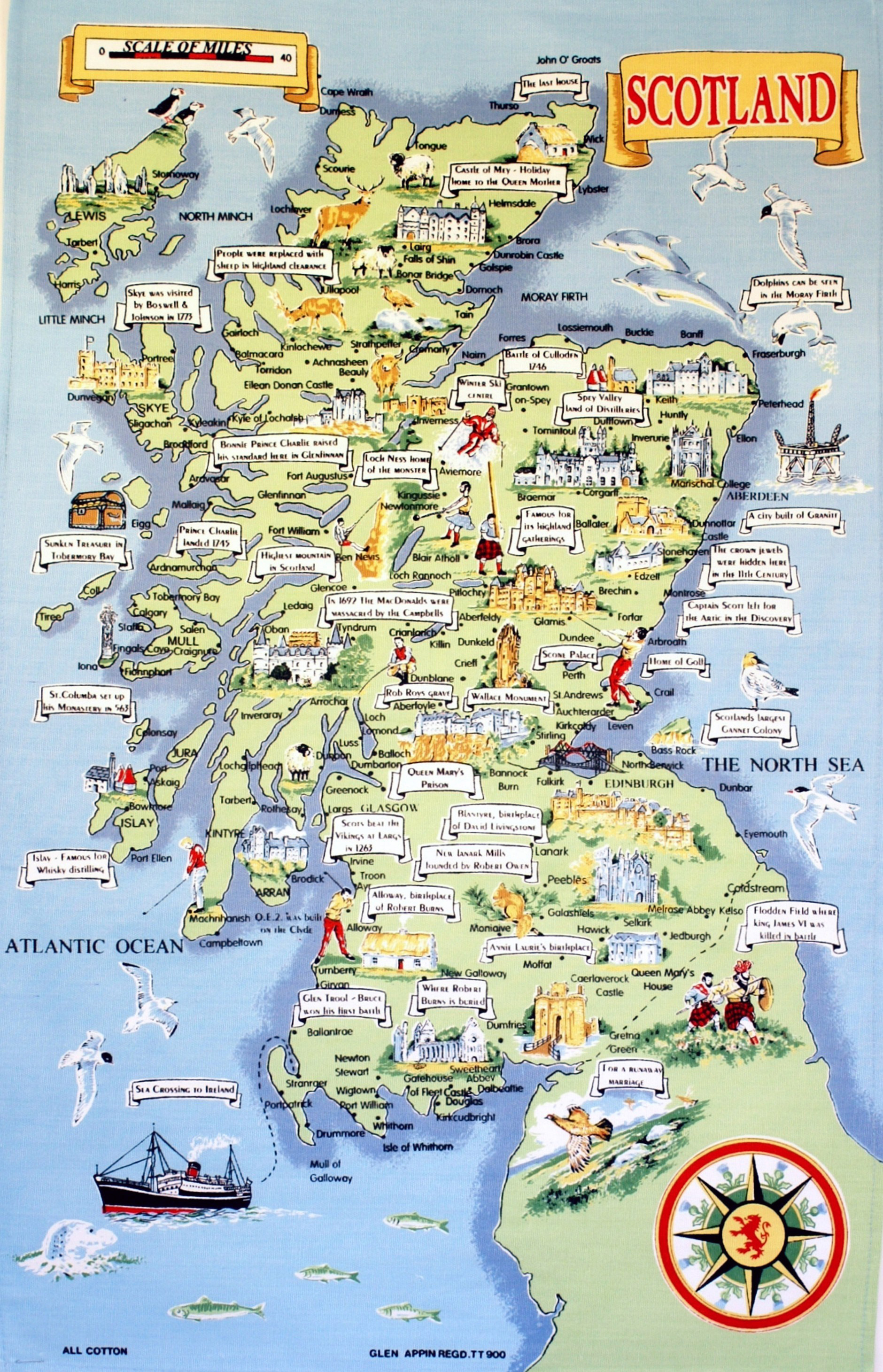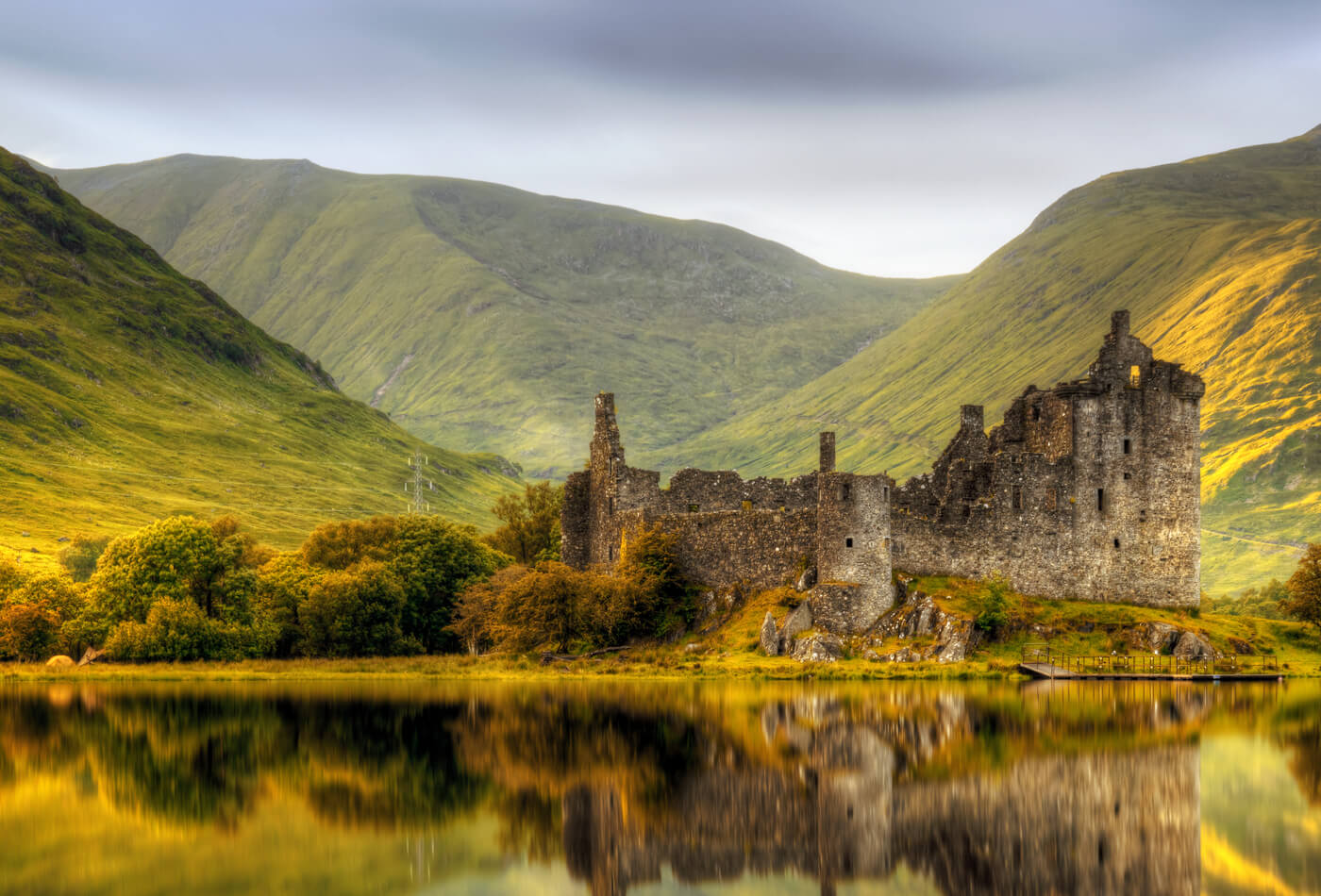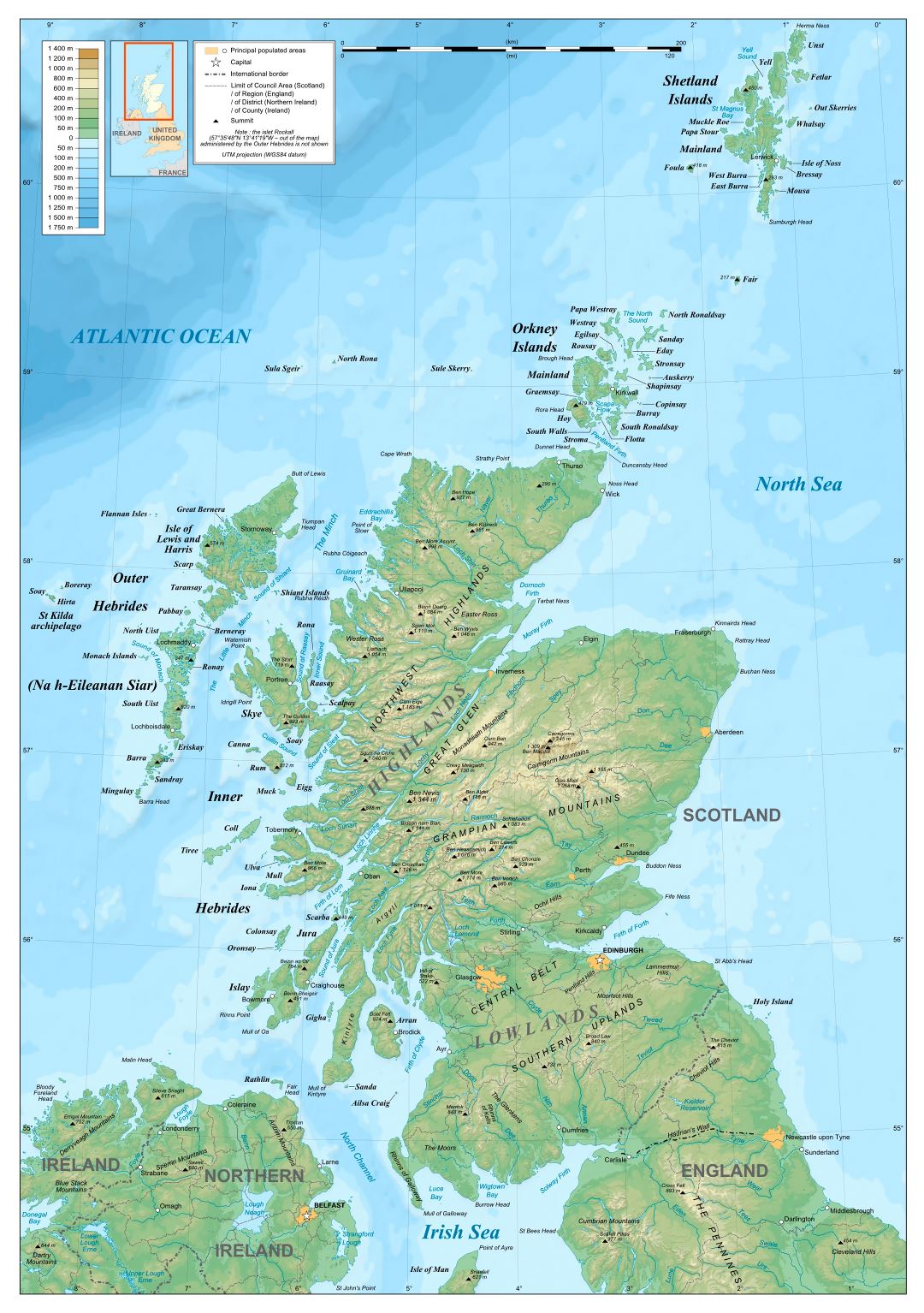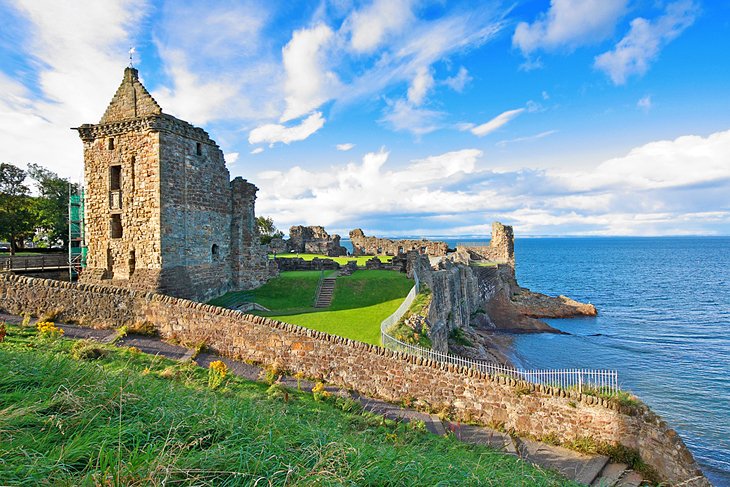Scotland’s Place in the United Kingdom: A Geographical and Cultural Tapestry
Related Articles: Scotland’s Place in the United Kingdom: A Geographical and Cultural Tapestry
Introduction
In this auspicious occasion, we are delighted to delve into the intriguing topic related to Scotland’s Place in the United Kingdom: A Geographical and Cultural Tapestry. Let’s weave interesting information and offer fresh perspectives to the readers.
Table of Content
Scotland’s Place in the United Kingdom: A Geographical and Cultural Tapestry

Scotland, a nation steeped in history, culture, and breathtaking natural beauty, occupies a prominent position within the United Kingdom. Understanding its geography, history, and cultural significance sheds light on the unique identity of this nation and its enduring connection to the rest of the UK.
A Land of Mountains, Lochs, and Islands:
Scotland’s landscape is a testament to its geological past, featuring a rugged and dramatic terrain. The iconic Scottish Highlands, a vast expanse of mountains, valleys, and lochs, dominate the northern and western regions. The highest peak, Ben Nevis, towers over the landscape at 1,345 meters (4,413 feet). Numerous lochs, including Loch Ness, Loch Lomond, and Loch Tay, dot the landscape, adding to its scenic splendor.
Beyond the Highlands, the Lowlands, characterized by rolling hills, fertile farmland, and historic cities, offer a contrasting yet equally compelling landscape. The Scottish coastline is a tapestry of rugged cliffs, sandy beaches, and picturesque islands, including the Orkney and Shetland Islands, which lie north of the mainland.
A History Shaped by Borders and Independence:
Scotland’s history is intricately woven with that of England, with periods of independence and union shaping its political and cultural identity. The two nations were united under the Acts of Union in 1707, forming the Kingdom of Great Britain. This union, however, did not extinguish the strong sense of Scottish national identity, which continues to manifest in cultural expressions, political movements, and a distinct legal system.
Cultural Riches: From Bagpipes to Whisky
Scotland’s cultural heritage is a vibrant tapestry of traditions, art, and music. The iconic kilt, a symbol of Scottish identity, is worn on special occasions and represents the nation’s strong connection to its clan system. Traditional music, featuring instruments like the bagpipes and the fiddle, is deeply embedded in Scottish culture, often heard at festivals and gatherings.
The nation’s literary tradition is rich and diverse, with renowned authors such as Robert Burns, Sir Walter Scott, and J.K. Rowling contributing to the global literary landscape. Scottish cuisine, characterized by hearty dishes like haggis, neeps, and tatties, and its renowned whisky, have become synonymous with the nation’s culinary and cultural identity.
A Modern Scotland: Progress and Challenges
Scotland today is a modern nation with a thriving economy, a strong social welfare system, and a commitment to environmental sustainability. The nation’s capital, Edinburgh, is a vibrant hub of culture, education, and finance. Glasgow, the largest city, boasts a thriving arts scene and is home to world-class museums and galleries.
However, Scotland also faces challenges, including economic disparities, social inequality, and the debate surrounding its political future. The issue of Scottish independence, a recurring topic in recent years, reflects the ongoing conversation about the nation’s relationship with the United Kingdom.
Understanding Scotland’s Importance:
Scotland’s geographical location, its rich history and culture, and its dynamic economy make it an integral part of the United Kingdom. The nation’s contribution to the UK’s cultural landscape, its role in shaping national identity, and its contribution to the UK’s economic prosperity are undeniable.
FAQs about Scotland’s Place in the UK:
1. What is the relationship between Scotland and the UK?
Scotland is a constituent country of the United Kingdom, which also includes England, Wales, and Northern Ireland. This means Scotland has its own devolved parliament and government, but also shares certain powers with the UK government, such as defense and foreign policy.
2. What are the main differences between Scotland and England?
While sharing a common history and many cultural aspects, Scotland and England have distinct identities. Scotland has its own legal system, education system, and national health service. Its landscape, cultural traditions, and political landscape also differ significantly from England.
3. Is Scotland independent?
Scotland is not currently independent. However, the issue of Scottish independence is a topic of ongoing debate. In 2014, a referendum on Scottish independence was held, with a majority voting to remain part of the UK.
4. What are some of the key benefits of Scotland being part of the UK?
Being part of the UK offers Scotland access to a larger market, greater economic stability, and a shared defense and foreign policy. It also allows for closer collaboration on issues like trade, immigration, and environmental protection.
5. What are some of the challenges facing Scotland?
Scotland faces challenges such as economic disparities, social inequality, and the need for greater investment in infrastructure. The debate over Scottish independence also creates political uncertainty.
Tips for Understanding Scotland:
- Visit Scotland: Experiencing the country firsthand offers a unique perspective on its landscape, culture, and people.
- Learn about Scottish history: Understanding Scotland’s history, particularly its relationship with England, provides context for its current political and social landscape.
- Explore Scottish culture: Engage with Scottish music, literature, art, and cuisine to gain a deeper understanding of the nation’s rich cultural heritage.
- Engage with Scottish politics: Following news and debates surrounding Scottish independence and devolution provides insight into the nation’s political aspirations.
- Connect with Scottish people: Engaging with locals, whether through travel, work, or online communities, offers valuable perspectives on life in Scotland.
Conclusion:
Scotland’s place within the United Kingdom is a complex and evolving dynamic. Its unique geography, history, culture, and political landscape make it an integral part of the UK, while its distinct identity and aspirations contribute to the broader conversation about national identity and the future of the UK. Understanding Scotland’s significance within this framework offers a deeper appreciation of the nation’s place in the world and its enduring contributions to the UK’s cultural and political landscape.

:max_bytes(150000):strip_icc()/GettyImages-458990285-5c17c54146e0fb0001f9ca7a.jpg)






Closure
Thus, we hope this article has provided valuable insights into Scotland’s Place in the United Kingdom: A Geographical and Cultural Tapestry. We appreciate your attention to our article. See you in our next article!